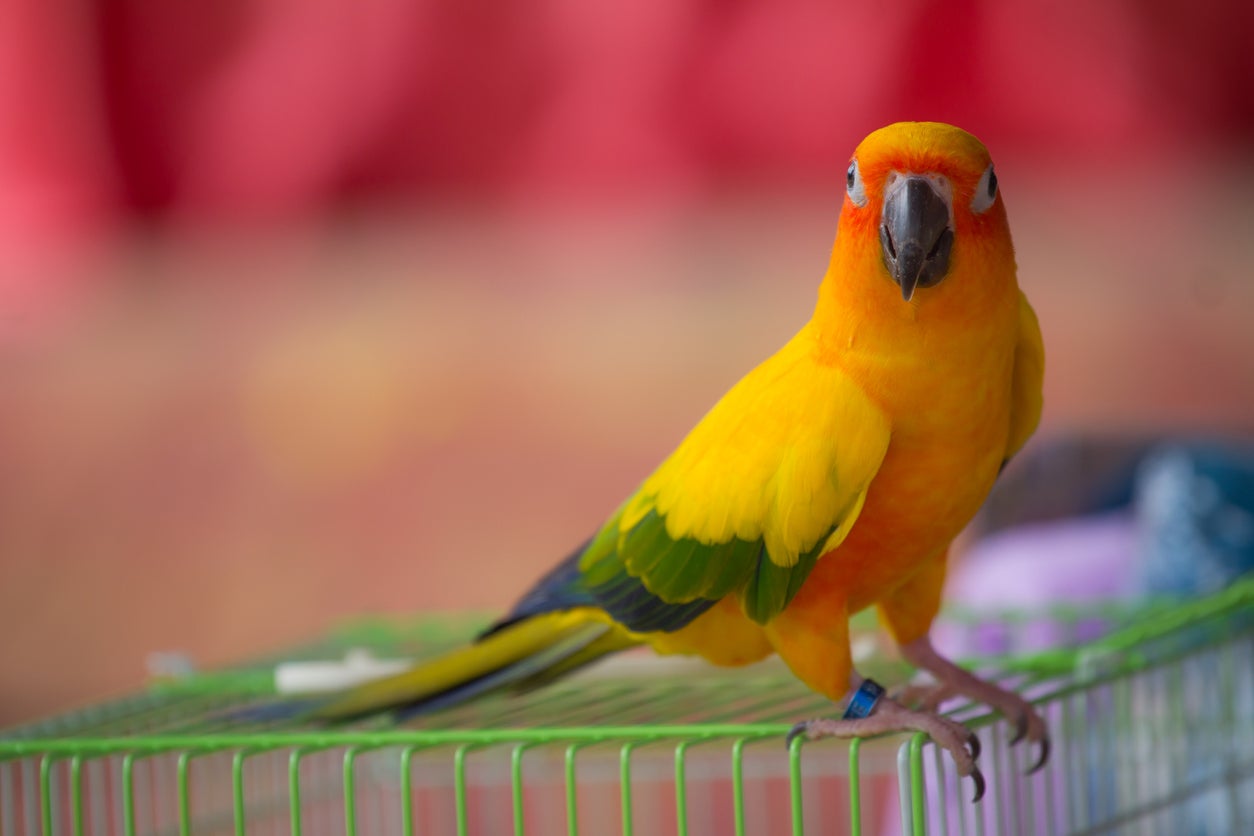Is Bird Poop Good For Plants – Can You Compost Bird Droppings


Sign up for the Gardening Know How newsletter today and receive a free copy of our e-book "How to Grow Delicious Tomatoes".
You are now subscribed
Your newsletter sign-up was successful
Is bird poop good for plants? The easy answer is yes; it’s actually good to have some bird droppings in the garden. Keep reading for tips on how to compost bird droppings and other helpful information.
How are Bird Droppings Beneficial to Plants?
In short, bird droppings make great fertilizer. Many gardeners depend on bird droppings for plants in the form of rotted chicken manure, which increases the nutrient level and water-holding capacity of soil.
You can’t, however, just toss a lot of bird poop on the soil and expect it to work miracles. In fact, large amounts of bird droppings in the garden may carry harmful pathogens. Also, fresh bird droppings are “hot,” and can burn tender stems and roots.
The easiest and safest way to take advantage of the benefits of bird poop is to compost bird droppings before you add them to the soil.
How to Compost Bird Droppings
If you raise chickens, pigeons, pheasants, or any other type of bird, you probably use some type of bedding, which may be sawdust, dry leaves, straw, or similar material. Similarly, parrots, parakeets, and other indoor pet birds generally have newspaper lining the bottom of the cage.
When you’re ready to compost bird droppings, collect the droppings along with the bedding and dump it all into your compost, then mix it with the other materials in the bin. This includes newspaper, although you may want to tear it into smaller pieces. Don’t worry about bird seed; it is compostable, too.
Most bird manure is nitrogen-rich, so it should be added along with sawdust, straw, or other “brown” matter at a rate of approximately one part bird droppings to four or five parts brown materials (including the bedding).
Sign up for the Gardening Know How newsletter today and receive a free copy of our e-book "How to Grow Delicious Tomatoes".
The compost mix should be about as wet as a wrung-out sponge, so water lightly if necessary. If the mixture is too dry, it will take longer to compost. However, if it is too wet, it may begin to stink.
A note about safety: Always wear gloves when working with bird droppings. Wear a face mask if dust is present (such as an aviary, chicken coop, or pigeon loft).

A Credentialed Garden Writer, Mary H. Dyer was with Gardening Know How in the very beginning, publishing articles as early as 2007.